
Back in Hong Kong: Vanessa Friedman on The New York Times luxury summit and Asia’s central role in future of fashion
Conference launched in Hong Kong in 2004 is back to consider forces affecting the luxury industry. With Chinese investment in fashion growing and a US-China trade war unfolding, it’s a case of right time, right place
Back in 2004, when The New York Times held its first luxury conference in Hong Kong (it was then known as the International Herald Tribune’s Fashion and Luxury Conference and hosted by then fashion editor Suzy Menkes), the concept of a gathering where luxury CEOs, designers and decision-makers get together to discuss the most pressing issues facing the industry was a novel idea.
Fast forward almost 15 years and it seems that all media outlets, from Conde Nast International to trade publications such as WWD and The Business of Fashion, host conferences, attracting members of the fashion community who want to gain insight on the global forces shaping the industry while also getting the chance to network and meet fellow professionals.
BoF: how a one-man blog became a fashion powerhouse
This November, The New York Times is coming back to Hong Kong to host its yearly luxury summit, on the theme “What’s Next: The New Luxury World (dis) Order.” Hosted by fashion director and chief fashion critic Vanessa Friedman, the conference will tackle issues such as the relationship between e-commerce and bricks-and-mortar stores, and how global politics affects the fashion system.
“Luxury, like every other industry and every other aspect of the world, is in flux,” says Friedman when we meet her at the tail end of the couture shows in Paris in early July. “As culture shifts, the global economy changes, politics changes, all these forces help shape the industry and that’s true of every kind of product.
“Clearly one of the major centres of gravity right now is Asia, and China in particular, politically, economically, culturally, so it seemed like an opportune time to go back to Hong Kong, which is where the conference started. Ever since we announced, Chinese companies have been buying European brands and fashion designers have been taking their shows to Asia and the trade wars are happening.”
How Adrian Cheng combines his passion for art with entrepreneurship
While Asia has long been a huge consumer market for luxury brands, in recent years Chinese companies flush with capital have taken over Western brands such as Lanvin, which earlier this year was acquired by Fosun Fashion Group, and Baccarat, now in the hands of Shandong Ruyi.
Executives from those companies, as well as younger players such as Hong Kong-based entrepreneur Adrian Cheng and Chinese investor Wendy Yu, will speak at the conference alongside high-profile CEOs Richard Liu of JD.com, Remo Ruffini of Moncler and Jennifer Woo, chairman and CEO of The Lane Crawford Joyce Group.
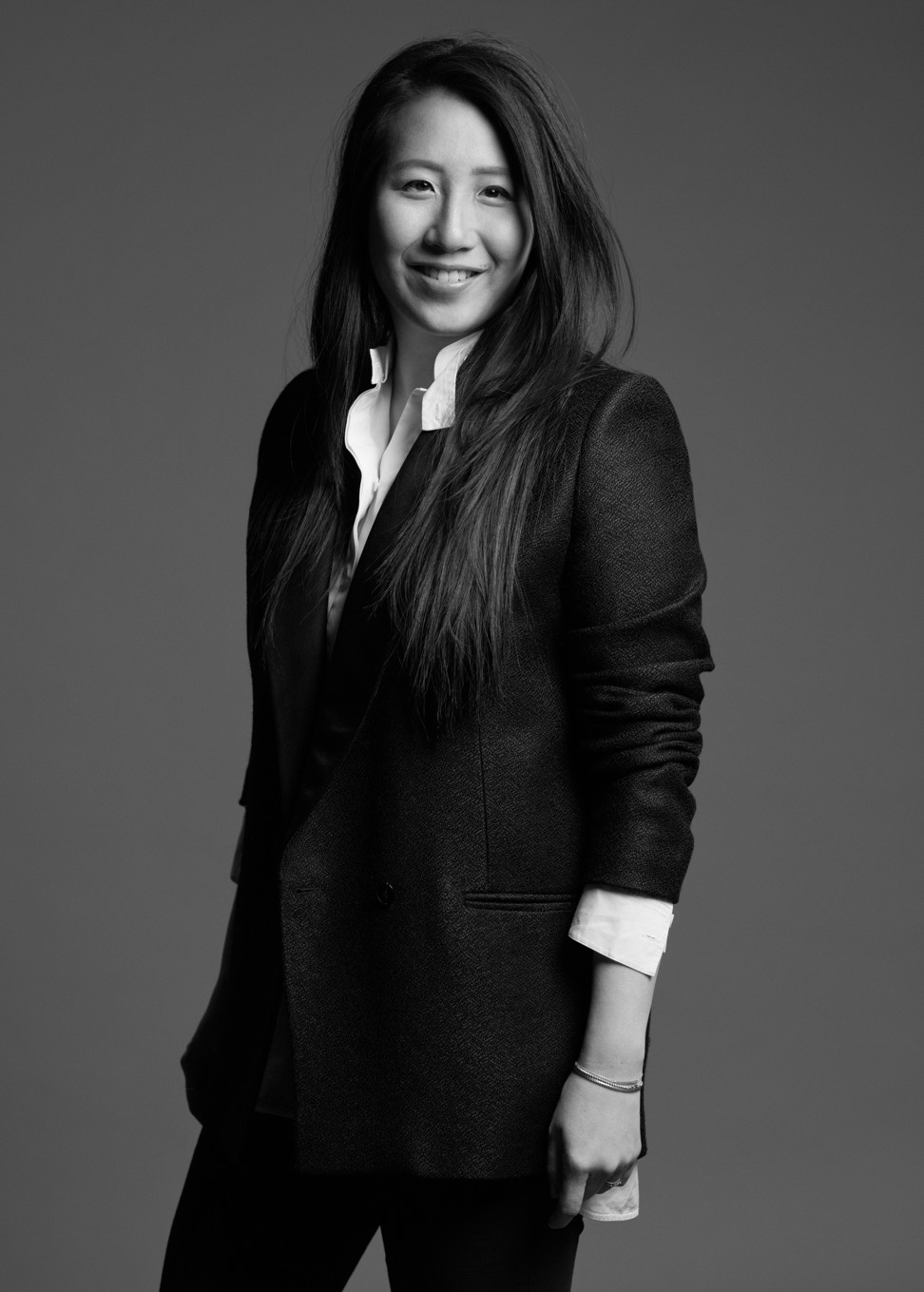
“It’s very fashionable to host fashion and luxury conferences now – they’re everywhere and the calendar is full of them,” says Woo, who has attended her fair share of such events throughout the years. “But there are only a few really good ones that curate provocative discussions with industry leaders and importantly, industry disrupters and mavericks.
“These gatherings take us out of our normal daily setting and expose us to new ideas and people, stimulating and challenging our thinking on both the art and science of our business, giving us opportunities for critical and healthy debate.
“They also provide a forum for leaders to come together to discuss bigger and far-reaching issues and opportunities for our industry away from the commercial day-to-day discussions.”
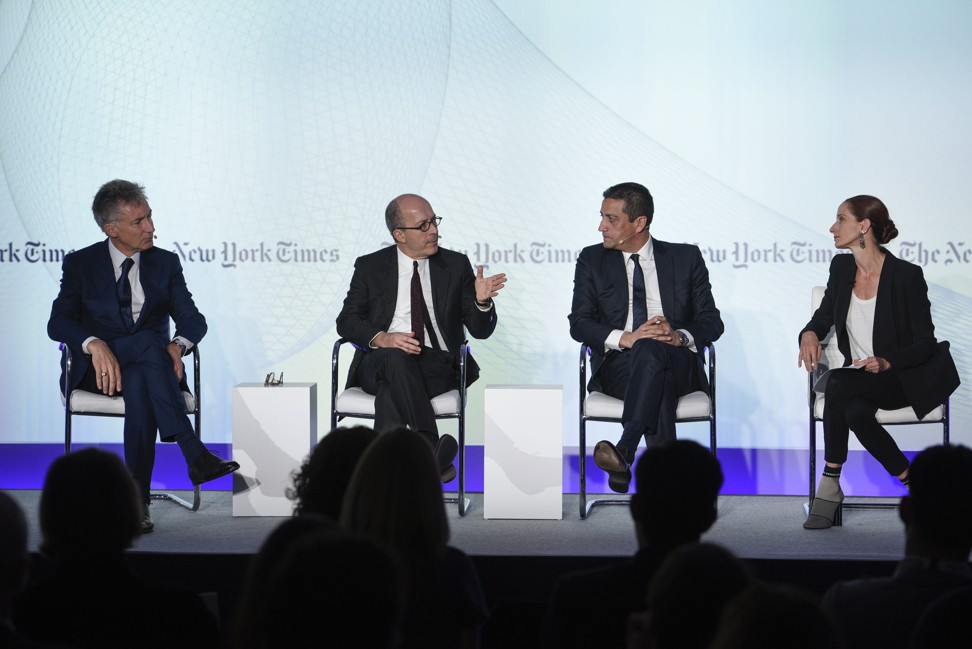
Friedman says: “We always try to invite people who have relevant stories to the subjects at hand. So we’re not just looking for people who run fantastic companies but people running companies that have addressed those issues we’re looking at, so there’s this sort of dimension of tell us a story that’s relevant to the delegates and then they can take whatever they want from it.”
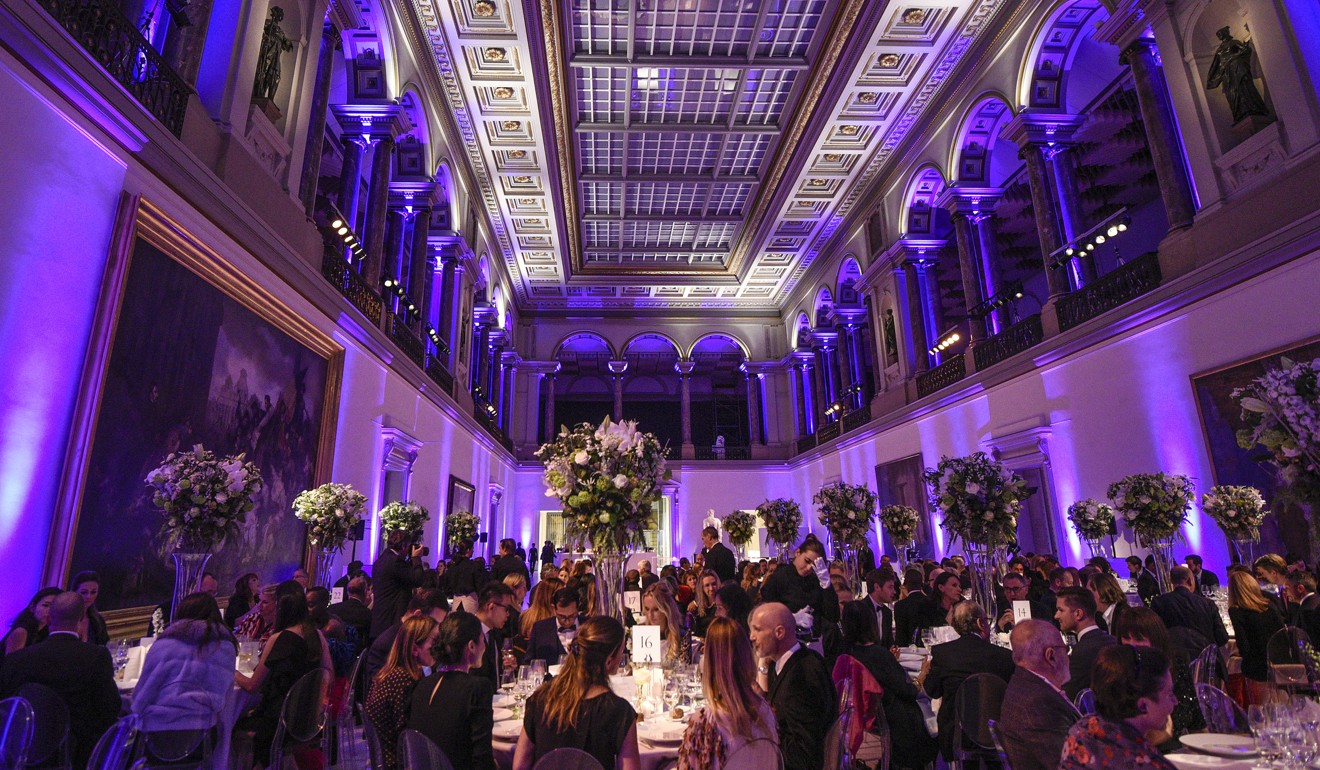
Hong Kong has seen a lot of turmoil since the first conference took place. From the booming years of the early noughties, when shoppers were lining up outside high-end stores to get their hands on status items such as designer handbags, to the very different days of Occupy Central and the Chinese government’s anti-corruption campaign, the city’s retail scene has seen many ups and downs.
As Friedman puts it: “This is a reflection of what the title is addressing, this unpredictability in the world and the way that global events exert forces on business so that things can seem extremely productive and lucrative and exciting and then something happens, then everyone has to turn on a dime.
“So the questions that we will be asking are: As executives how do you best prepare for that? What are the strategic imperatives that need to be put in place so that when something unpredictable happens you can react? Because the only predictable thing is that something is going to happen.”
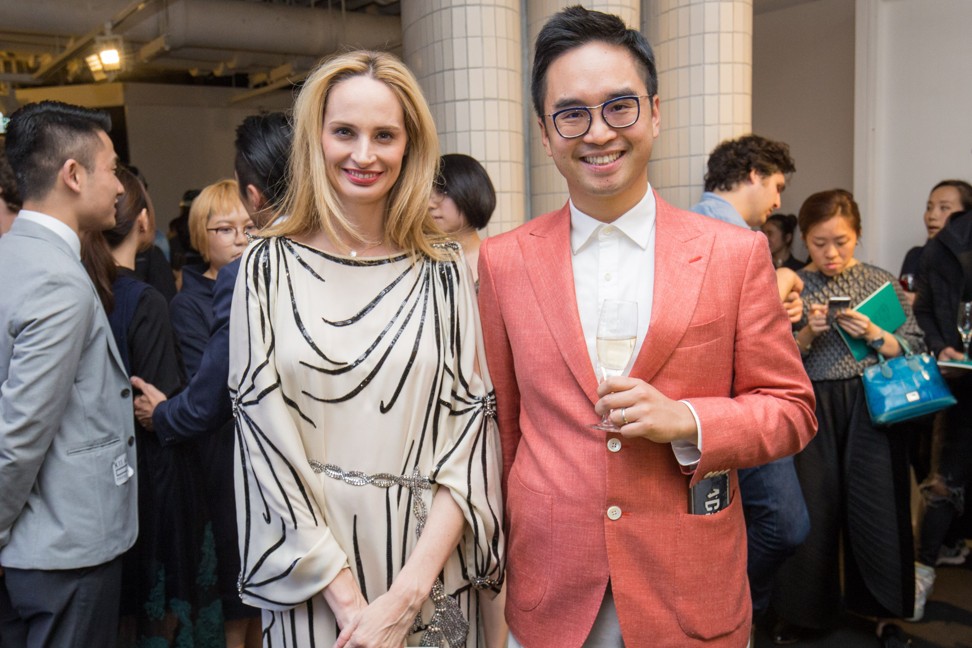
While the ultimate aim of these luxury conferences is to help industry leaders make the right decisions, they’re also vehicles for publishers to look for new sources of revenue and attract consumers in a tough environment for media groups.
“Luxury talks a lot about the importance of experience, the experience in a store or online and this is just another aspect of that,” says Friedman.
“Live experiences and thought and leadership exchange with your peers is extremely valuable and there’s nothing like doing it in person, and we create the opportunity to have incredibly substantive macro-level conversations about issues that are important to everyone in the industry, and it’s exciting to do this for two days.
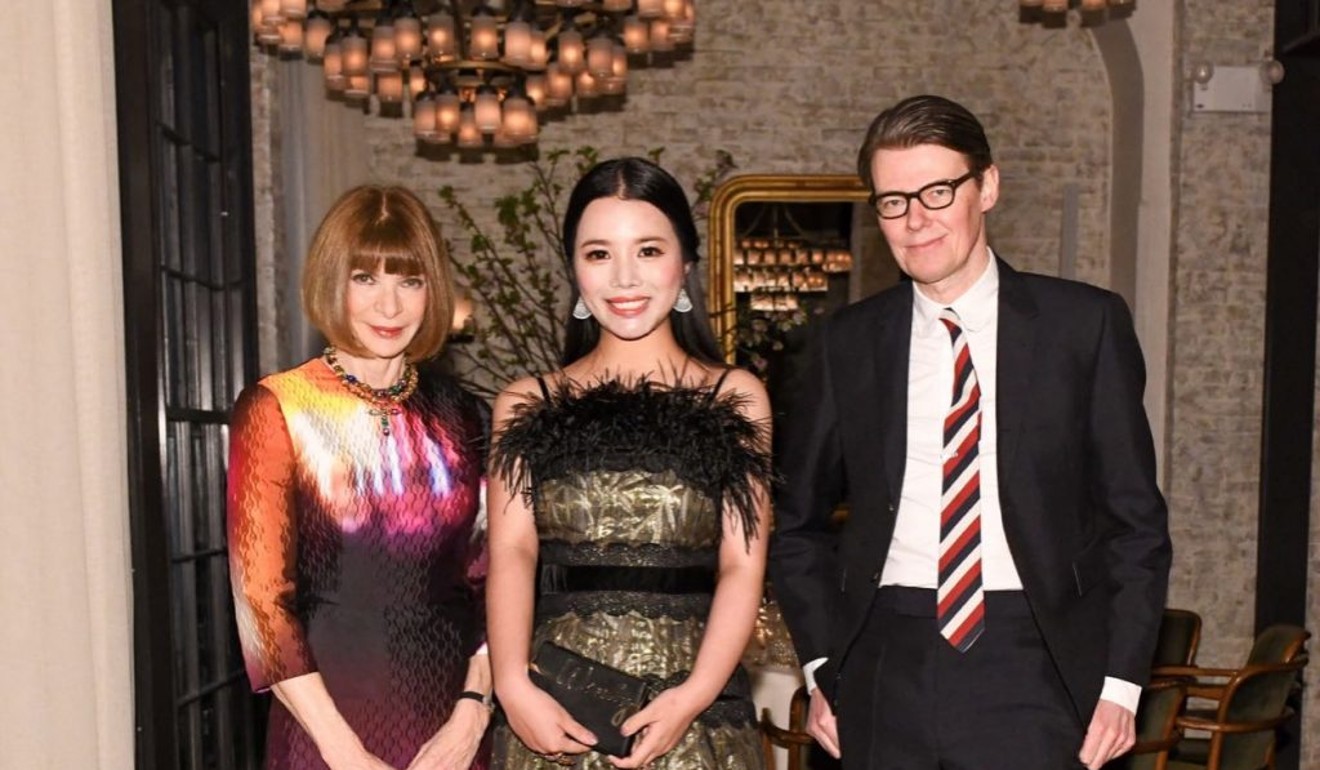
“To me this is just live journalism. It’s not different from what I do for the paper; it just happens to be in front of an audience. That’s why we have speakers who are relevant to the topics. It’s basically journalism in a different format.”
With the world’s attention now even more focused on Asia, one can’t help but wonder whether, as luxury firms have shifted to digital, we will soon see another kind of shift. Will the next generation of top designers be hailing from Shanghai or Beijing instead of Paris or Milan?
“I think the world is more exciting and colourful when there’s a bigger variety of voices and places,” says Friedman.
From Shu Qi’s manager to building a brand
“If you look at the make-up of Parsons [School of Design] and FIT [Fashion Institute of Technology in New York] and Central Saint Martins [in London], you have many students coming from the East and those are feeder schools for the industry, so whatever they learn at those schools they will bring back to Asia or to Paris. There’s no question that there’s a new generation coming up.”

